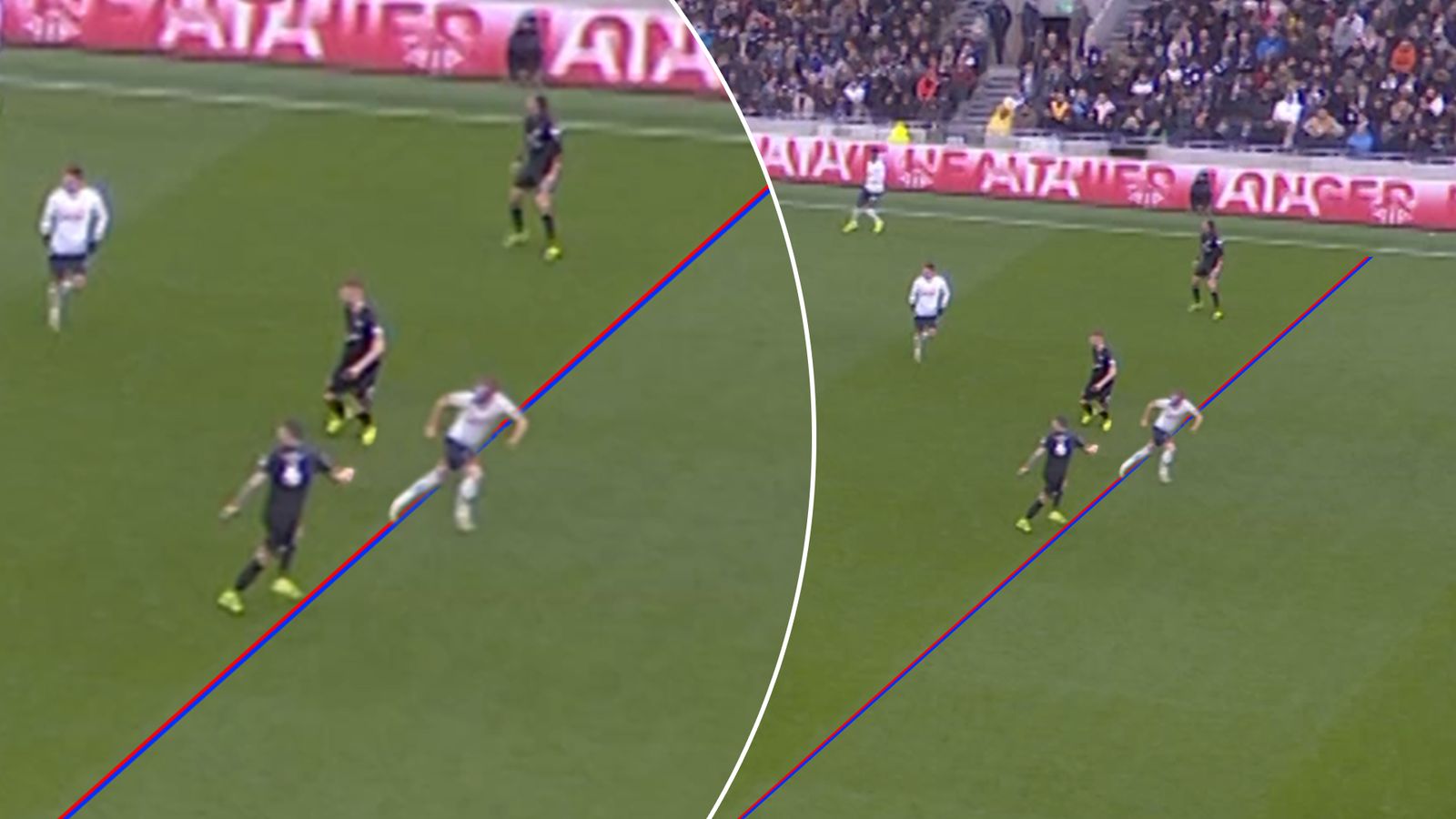
Arsene Wenger suggests a drastic modification to the offside rule
Arsene Wenger has suggested changing the offside rule to designate attackers onside if any part of their body aligns with the last outfield defender.
The attacker would regain the advantage that many feel the video assistant referee (VAR) took away, according to Wenger, head of global development at FIFA, the world governing body.
At the moment, a player is deemed offside if their body extends past the final defender in any direction other than their hands and arms.
Wenger, the former manager of Arsenal, compared the proposed change to a similar move made after the 1990 World Cup.
Prior to that tournament, a player was considered offside if he was level with the last defender before the goalkeeper, which is why Italia 90 had the lowest average goals per game in World Cup history.
Wenger recalled the regulation change to Bein Sports, saying, “It was in 1990 after the World Cup in Italy when there were no goals scored.”
We came to the conclusion that when you are on the same line as the defender, there is no longer any offside.
“When in doubt, the striker is the one who gains.” This indicates that the striker did gain the edge when there is a fraction.
“This advantage vanished with VAR, which is frustrating for many people.”
Wenger stated that more experiments would be carried out before a final decision is made, which might happen in 2026, even though the system has previously been tested in Italian youth football.
The International Football Association Board (Ifab), which is the sport’s legislative body, has the power to change the offside rule.
At its annual general meeting in March, Ifab committed to taking part in more Fifa trials.
The contests’ declared objective is to determine whether they “foster attacking football and encouraging goalscoring opportunities while maintaining the game’s attractiveness.”
Any potential rule change would only be put into effect after speaking with football stakeholders and getting feedback from Ifab’s technical and football advisory committees.
On those committees are seasoned members of the football industry, including referees and former players.
Following Italy 90, the modern back-pass rule, three points for a win, and changes to the offside law were introduced in an effort to encourage forward play.
As evidence of the positive impact of the enhancements, the average number of goals per match increased from 2.21 in 1990 to 2.71 in the 1994 World Cup.
All Categories
Recent Posts
Tags
+13162306000
zoneyetu@yahoo.com



